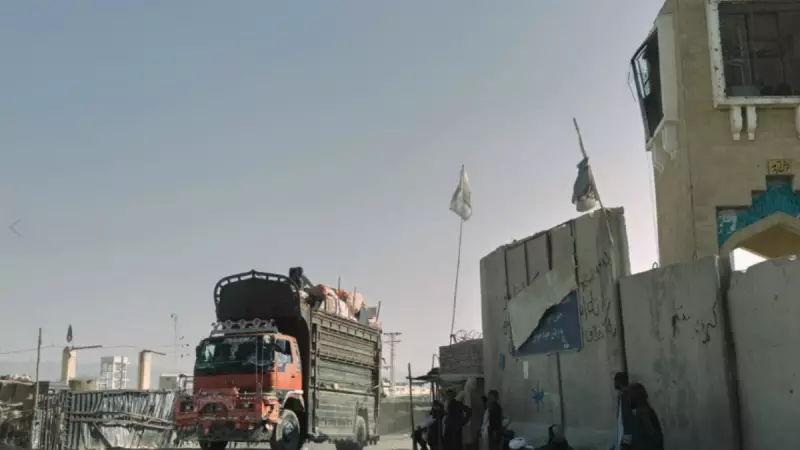
High-stakes peace talks between Pakistan and Afghanistan have ground to a halt in Istanbul, creating serious concerns about the stability of the region. The negotiations, which were seen as crucial for de-escalating border tensions, have reached a deadlock with neither side willing to compromise on key security demands.
Ceasefire Hanging by a Thread
The fragile ceasefire agreement between the two neighboring countries now faces imminent collapse as diplomatic efforts falter. Sources close to the negotiations indicate that both nations have taken rigid positions, making meaningful progress nearly impossible.
Pakistan's primary concerns center around cross-border militant activities and the presence of anti-Pakistan elements in Afghanistan. Islamabad has demanded concrete action from Kabul to address these security threats, something the Afghan delegation has been reluctant to guarantee.
Afghanistan's Counter-Demands
On the other side, Afghan representatives have raised their own set of grievances, including:
- Alleged violations of Afghan airspace by Pakistani forces
- Restrictions on cross-border trade and movement
- Political interference in Afghanistan's internal affairs
- Treatment of Afghan refugees in Pakistan
Regional Stability at Risk
The breakdown in talks comes at a particularly sensitive time for the region. Recent weeks have seen a significant increase in cross-border skirmishes, with both sides reporting casualties among security forces. The situation has become so volatile that even minor incidents now threaten to spiral into larger conflicts.
International observers fear that the Istanbul deadlock could lead to a complete breakdown of communication channels between the two nations, potentially resulting in open hostilities that would destabilize the entire South Asian region.
International Mediation Efforts
Third-party countries, including Turkey and China, have attempted to bridge the gap between the negotiating teams. However, these efforts have yielded little success as both Pakistan and Afghanistan remain firm in their respective positions.
The Taliban-led government in Afghanistan faces internal pressure to maintain a strong stance, while Pakistan's military establishment appears unwilling to make concessions without tangible security guarantees.
What Comes Next?
With the Istanbul talks effectively stalled, diplomatic sources suggest several possible scenarios:
- Emergency regional summit involving additional stakeholders
- Temporary cooling-off period followed by renewed negotiations
- Further escalation along the disputed border regions
- UN Security Council intervention if violence intensifies
The coming days will be critical in determining whether both nations can step back from the brink or if the region faces another period of heightened tension and potential conflict.





